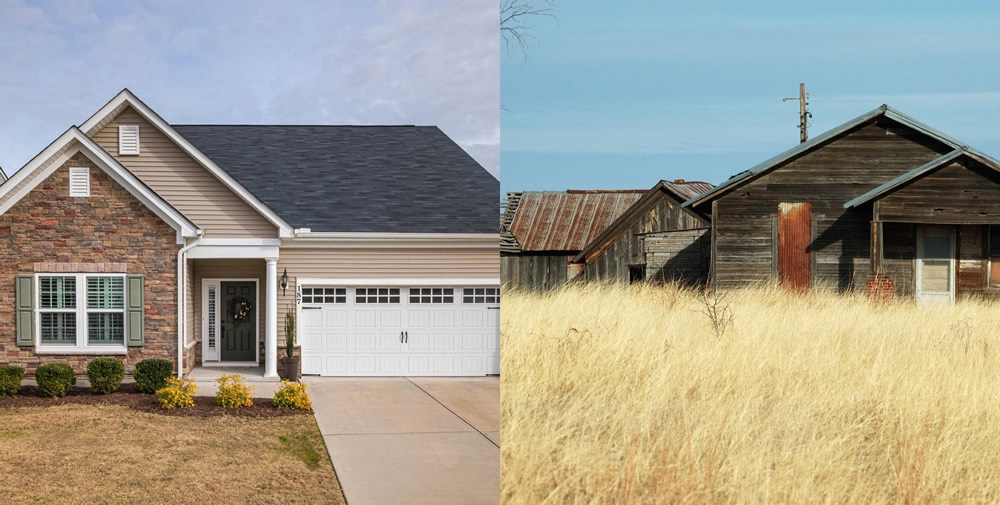
The ability to quickly analyze a property and determine if it will be a good investment takes practice and depends on factors like your financial position and real estate investing goals. Personally, I’m a long-term real estate investor. I look for slow and steady appreciation. Others might be motivated to flip properties and focus on a more short-term approach.
Factors like price and location will always be important when considering a new investment, but the property’s condition may or may not inhibit your decision. Some investors search for properties ready for immediate tenancy, also considered turnkey, while others prefer to repair, renovate and resell for a profit with the BRRRR method. Here is some advice from a seasoned real estate investor on choosing between a turnkey or fixer-upper investment property.
The Benefits of Turnkey Investing
“Turnkey” means different things to different investors, but generally, the term refers to a property in move-in-ready condition. The property is often fully renovated and may even already be occupied by tenants (or will be ready for occupancy without any work required.) Some of the benefits of investing in a turnkey property include:
- Higher potential for quick cash flow and faster return on investment because there are no upfront costs (or headaches) to renovate the property.
- Allows for portfolio diversification by property type and location, which can be extremely appealing if your local area is in a period of downturn.
- Easy to hand off to a property management company for a completely hands-off, passive investment.
- Almost always more affordable to invest in a turnkey property than to build from scratch.
The Challenges of Turnkey Investing
Turnkey investing might sound too good to be true, but it doesn’t come without its own set of pitfalls.
- Turnkey properties are often a larger upfront investment because they are in premium condition and priced accordingly.
- Turnkey rental properties often come with tenants included. Depending on the screening practices of the previous landlord, you may or may not end up with high-quality tenants who maintain the property and pay rent on time.
- Many turnkey properties wind up being long-distance investments, which means you may or may not have the opportunity to do your due diligence and inspect the property for structural, electrical, or other issues.
- Because the property is already built and designed, you won’t have much control over factors like layout, style, and appearance without incurring additional costs.
Keep Reading at Bigger Pockets

